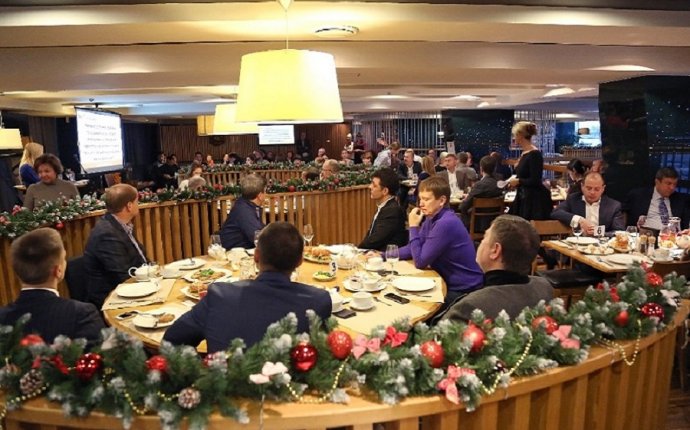
Business Strategy
 The approved list of products prohibited from entering the Russian Federation in the context of counter-sanctions established by Order No. 625, dated 25 June 2015, was in fact an extension of existing restrictions adopted last year. Russia ' s response will be at least until 5 August 2016.
The approved list of products prohibited from entering the Russian Federation in the context of counter-sanctions established by Order No. 625, dated 25 June 2015, was in fact an extension of existing restrictions adopted last year. Russia ' s response will be at least until 5 August 2016. But the food market is not overtaken by the fact that the new challenge for domestic producers is a complex problem that requires a solution to the large clusters of issues: production, storage, distribution, promotion and, indeed, commercialization. To date, there are all types of unresolved problems, from the steady uninterrupted production of agricultural products in the right size, to the recognition of brands and products on the domestic market.
But the food market is not overtaken by the fact that the new challenge for domestic producers is a complex problem that requires a solution to the large clusters of issues: production, storage, distribution, promotion and, indeed, commercialization. To date, there are all types of unresolved problems, from the steady uninterrupted production of agricultural products in the right size, to the recognition of brands and products on the domestic market.
Professional suppliers ' communities in b2b have become active in thinking about bold steps of widespread adoption and promotion of integrated solutions that maximize the convergence of producers and consumers.
Even in the food loop, the real effect of import substitution was much weaker than expected. First of all, because of the recent low-activity practices, and in many parts of the agro-industry development system, only in a number of Russia ' s Regions. In fact, the segment of civilized, structured and networked catering has not had a domestic producer for more than 20 years, fully oriented its procurement strategies for imports, leaving only small niche to the domestic producer in product groups: birds, bread and large items, bakeries, oil, water, beer and some vegetables. These practices were primarily due to reluctance restaurant business Make significant efforts and experiments to engage with poorly predicted domestic producers, preferring to remain in contractual relationships with reliable western suppliers that meet the restaurant market and their understandable standards, and their marketing policies and sustainable commodity quality.













